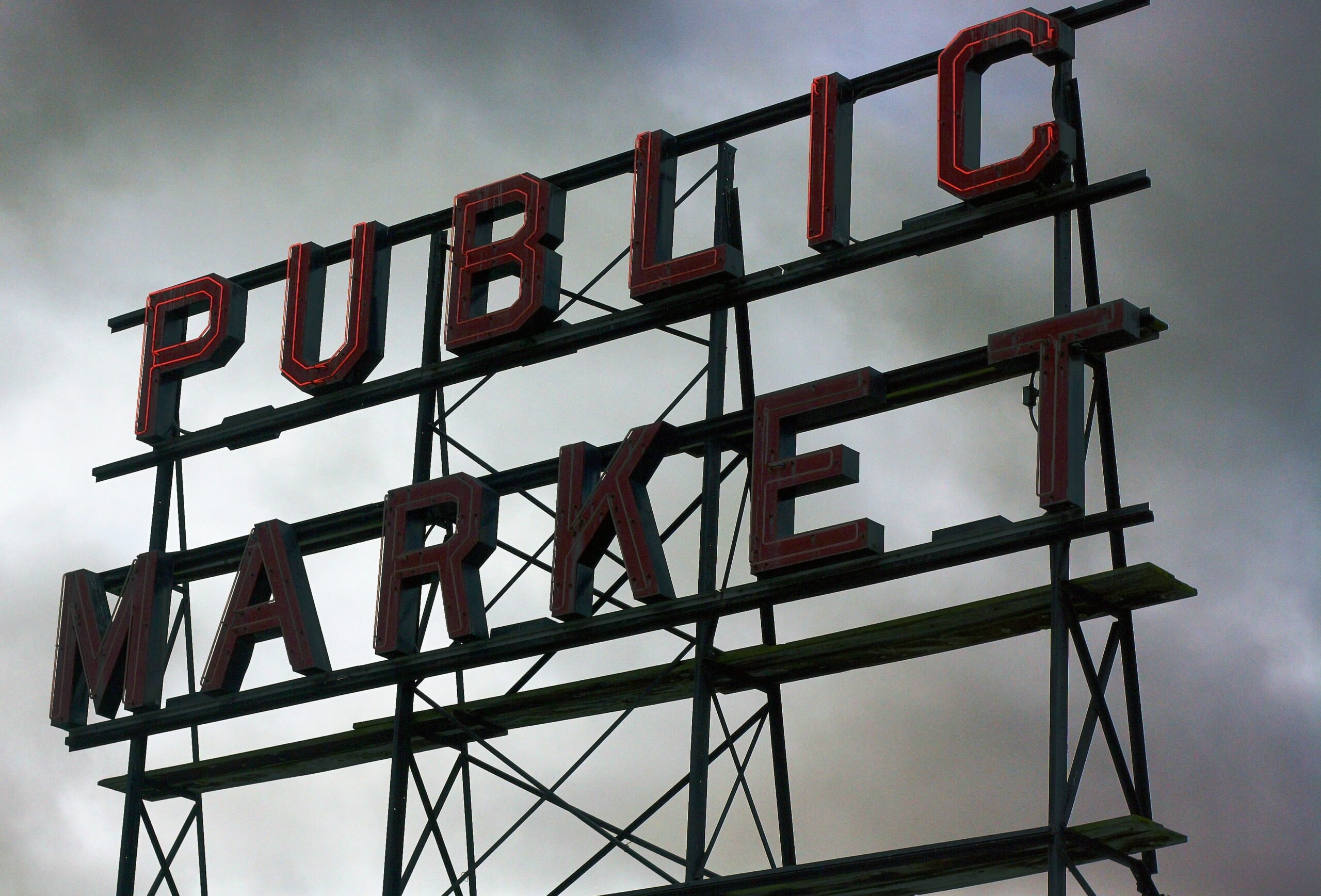A new report by the Dutch Centre for Research on Multinational Corporations says that the US shopping platform Amazon has been so dominant that independent retailers who wish to sell online cannot avoid it. This allows Amazon to get away with extracting monopoly rent from them, pushing them into acquiring extra services, and continuously increasing the fees it charges them.
A brief summary of the study (pdf): https://web.archive.org/web/20230614112703/https://www.somo.nl/wp-content/uploads/2023/06/Rapport-Amazon.pdf
-
In 2022, Amazon raked in € 23.5 billion in service fees from independent sellers in Europe. This was more than triple the € 7.6 billion it obtained in 2017. These fees include charges for listing, delivering, and getting support from Amazon. This increase can’t be fully explained by Amazon’s claim of higher sellers’ revenue, the report shows.
-
In the past years, Amazon’ has increasingly monetised its display results and reccmmendation features. This saw a move away from organic results, which would be ranked according to quality, relevance, and price, towards paid-for sponsored content. Advertising on Amazon doesn’t have a fixed price: it is set by an auction for keywords. The more sellers and other business clients bid for a specific keyword, the more expensive it gets. This way Amazon added an estimated € 2.75 billion in advertising revenue from independent sellers in 2021. Since 2017, Amazon’s overall European advertising revenue has grown nearly 17-fold.
-
Amazon’s cut of sellers’ income is increasing. Services like delivery and advertising are theoretically optional, yet Amazon has used its power to make them nearly indispensable by linking them with achieving visibility and sales. Amazon is either keeping fees high (for example, for listing) or increased them (such as for delivery and storage).
-
An analysis if delivery and storage prices from 2017 to 2023 in Germany, the UK, France, Italy, and Spain show that Amazon has been steadily increasing the prices of these services. Amazon sellers seem to be increasingly shouldering Amazon’s costs, including the costs of the expansion of its network of fulfilment centres and also the digital services taxes in France and the UK, taxes meant to respond to the extremely low tax contributions of high-revenue digital multinationals like Amazon.

We dont even have Amazon here in Finland
“Amazon insisted I report my missing package to the police”. Although it was marked as ‘delivered’, it won’t believe it wasn’t.
Amazon, however, told me that without the report and crime number it couldn’t help. At a time when the police are under significant pressure, Amazon’s insistence on reporting missing packages is, at best, in bad taste and, at worst, contrary to consumer rights and protections.

It’s things like this that make me think that I probably could not really be on a jury effectively, because at this point I have seen so many instances of blatant police or prosecutorial misconduct in collecting and presenting evidence (I mean seriously, just assuming that anything done on the device of anyone in a family is from that specific individual, including automated processes outside the control of the user) that it has me worried that it is always reasonable to doubt anything a police officer or prosecutor says, shows, or claims as evidence, in which case it would be literally impossible for one to prove something to me beyond a reasonable doubt, because the mere act of the very people whos job it is to do so, attempting to prove something, feels like a rational enough reason to doubt whatever it is.
Not saying this is a good sentient, because of course there obviously are actual criminals out there, but it’s like the boy who cried wolf, if the people running the justice system blatantly break the rules so much, how can one ever trust that they have been followed, in a particular instance?


